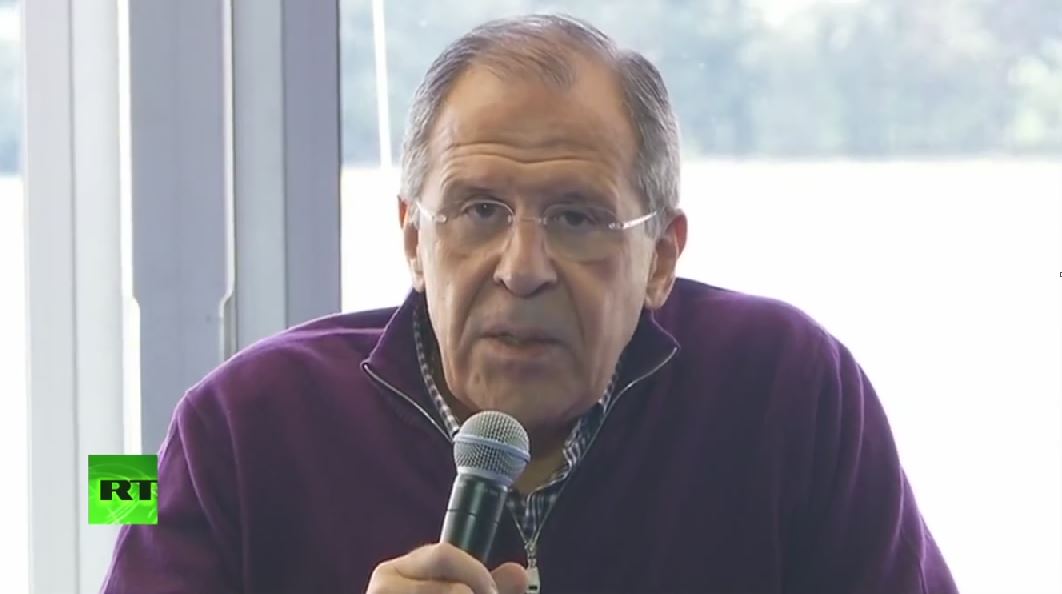
Lavrov: Latin America is a pillar of the new world order
Latin America will be one of the pillars of the new world order, and the Community of Latin American and Caribbean States (CELAC) is an important part of that structure, Russian Foreign Minister Sergei Lavrov told a young people’s forum in the Russian city of Tver on Wednesday (Aug 27).
Moscow is cooperating, and will continue to cooperate, with all Latin American countries, especially Cuba, Venezuela, Brazil, Argentina, Chile and Peru, Lavrov said in a conversation with 800 young scientists and social science teachers participating in the All-Russian Youth Forum Seliger-2014.
The Forum was created 10 years ago and is held every year by Lake Seliger, thus its name. This year, it was attended by representatives of all 85 regions of Russia, including two new entities, Crimea and Sevastopol.
Most of the questions addressed to Lavrov had to do with the situation in Ukraine and Europe, but Russia’s relations with Latin America were not ignored.
Political and economic associations are being formed in Latin America that are developing a process of regional integration, Lavrov said.
“Latin America is a vigorous region that is developing. Its outlook is good, so it will soon be — already is — one of the pillars of the new world order,” he said.
“There is no country that doesn’t belong, in one form or another, to an organization for integration, and we have relations with each of those alliances and all the countries of Latin America, without exception,” the minister said.
From now on, Russia and the Latin American countries will exchange official visits with greater frequency, because Russia has formed intergovernmental commissions for trade and cooperation with most of them, he said.
Lavrov spoke of the significance of Russian President Vladimir Putin’s trip to Latin America in mid-July, when he visited Cuba, Nicaragua, Argentina and Brazil, participated in the summit of BRICS (Brazil, Russia, India, China and South Africa) and in a CELAC forum.
Lavrov himself traveled in late April to Cuba, Nicaragua, Peru and Chile.
Referring to Russia’s waiver of Cuba’s $35.2-billion debt to the extinct Soviet Union, Lavrov said that “not everything can be measured in banknotes” and noted that the Russian people have “three qualities: patience, an ability to help and an ability to forgive.”
“In the case of the write-off of most of the Cuban debt, we were patient for a long time, wanted to help and forgave. But I assure you that the part of the debt that was not written off — $3.5 billion — will go into investments in the Cuban economy, with the participation of Russian companies.”


